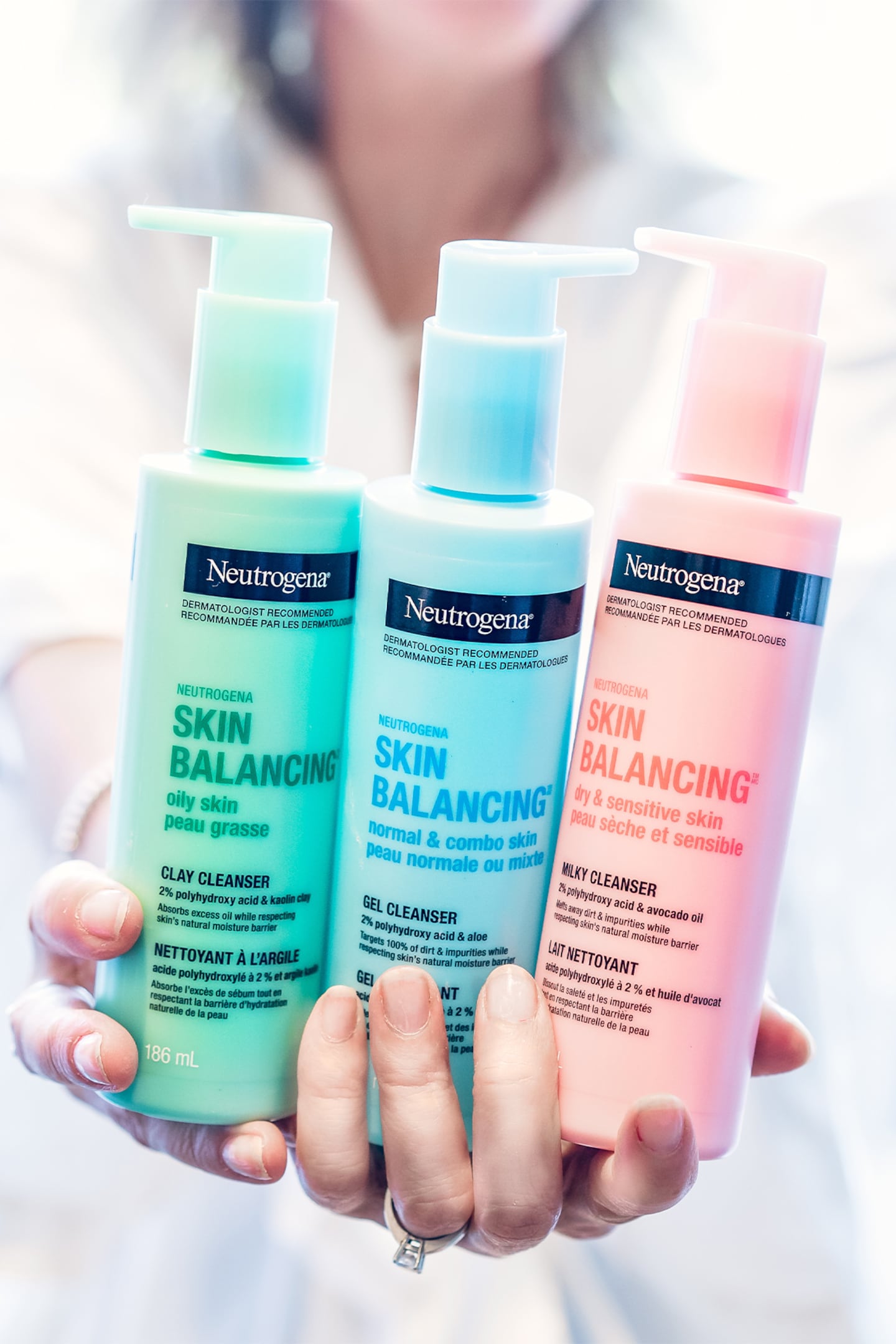The Business of Fashion
Agenda-setting intelligence, analysis and advice for the global fashion community.
Agenda-setting intelligence, analysis and advice for the global fashion community.

Neutrogena is permanently closing its Los Angeles office as parent Kenvue Inc. consolidates operations to New Jersey.
The closure is resulting in 84 layoffs, according to a worker notification document viewed by Bloomberg News. Of those employees, 74 have been offered relocation and employment at other company locations.
Kenvue, which owns consumer brands such as Tylenol, and Aveeno, is moving its headquarters to a renovated office building and newly built research and development facility in Summit, New Jersey. The company is currently based in Skillman, New Jersey.
Closing the office is part of Kenvue’s effort to boost growth and improve collaboration, a spokesperson said in an emailed response to questions from Bloomberg. “Decisions that impact our employees are never easy.”
ADVERTISEMENT
Neutrogena gained popularity in the ‘80s and ‘90s, and was acquired by Johnson & Johnson in 1994. It benefited from the consumer-health giant’s deep marketing pockets and product-development prowess. More recently, however, the brand has faltered amid supply shortages that have caused retailers to take Neutrogena items off the shelves and replace them with products from rivals such as CeraVe and Hero. Kenvue was spun off from J&J last year.
Neutrogena’s struggles have weighed on Kenvue’s results, with the parent reporting an 8 percent drop in organic sales for its skin health and beauty segment in the most recent quarter. Kenvue stock has declined 6.8 percent this year and 8.8 percent from its initial public offering last May.
Kenvue is also dismissing 51 employees at its current headquarters in Skillman, New Jersey, this spring, and says other parts of the business are also being restructured.
By Leslie Patton
Learn more:
How to Compete With CeraVe and The Ordinary
Consumers have pivoted to inexpensive, drug store skin-care brands like CeraVe and The Ordinary and found they’re just as good as higher-end competitors.
Black founders carry a markedly higher burden when it comes to educating investors on the value and viability of their business ideas — but there is an art and science behind knowing when your brand is ready and what kind of investors will be the best fit.
Landing a retail partnership is often seen as a major milestone for beauty founders — but it brings a bevy of new challenges, from the logistical complexities to setting a marketing budget. Black entrepreneurs, who typically have far less capital to work with, often face tough choices.
The firm has been working on a listing since at least 2022, with previous attempts buffeted by volatile markets.
In a three-part series, The Business of Beauty explores how Black founders Monique Rodriguez, Danessa Myricks and more built, launched and scaled their multi-million-dollar businesses. In part one, a look at how these entrepreneurs found their niche and harnessed early lessons that were critical to their growth